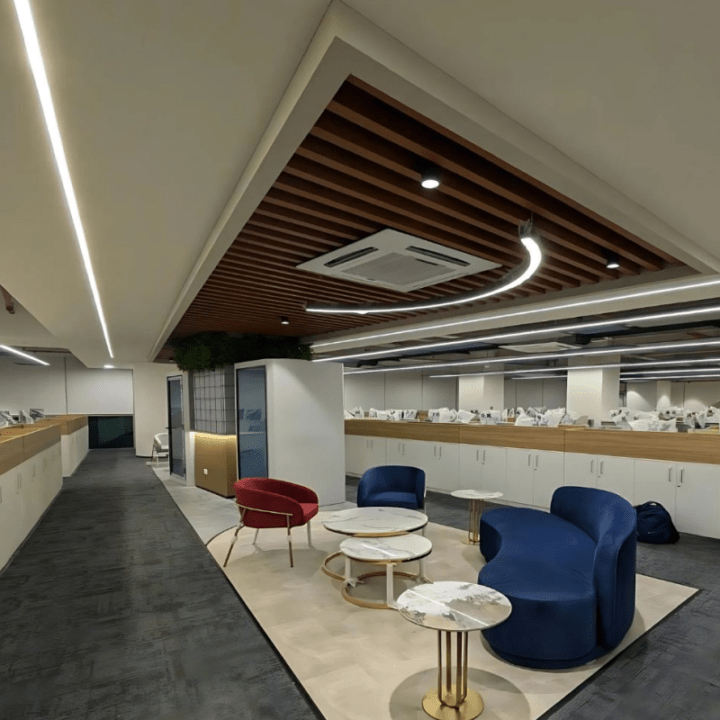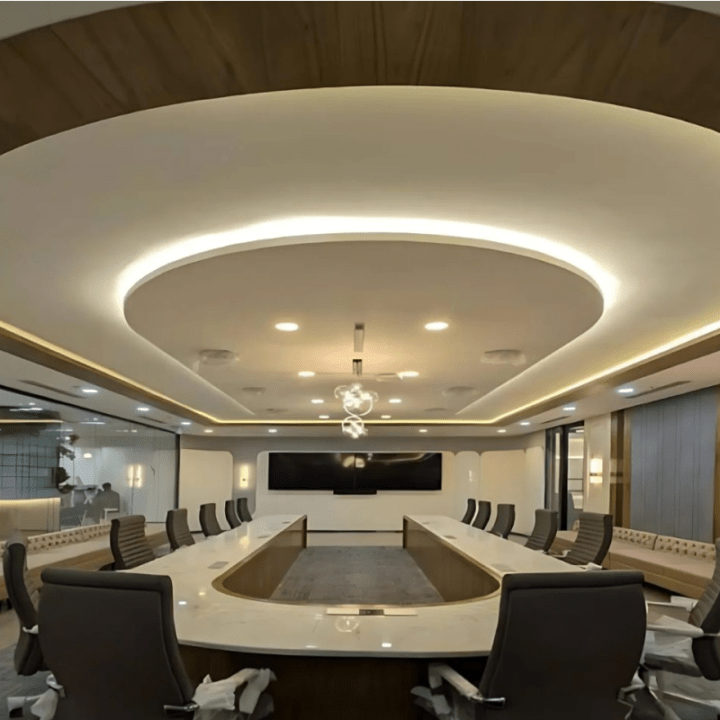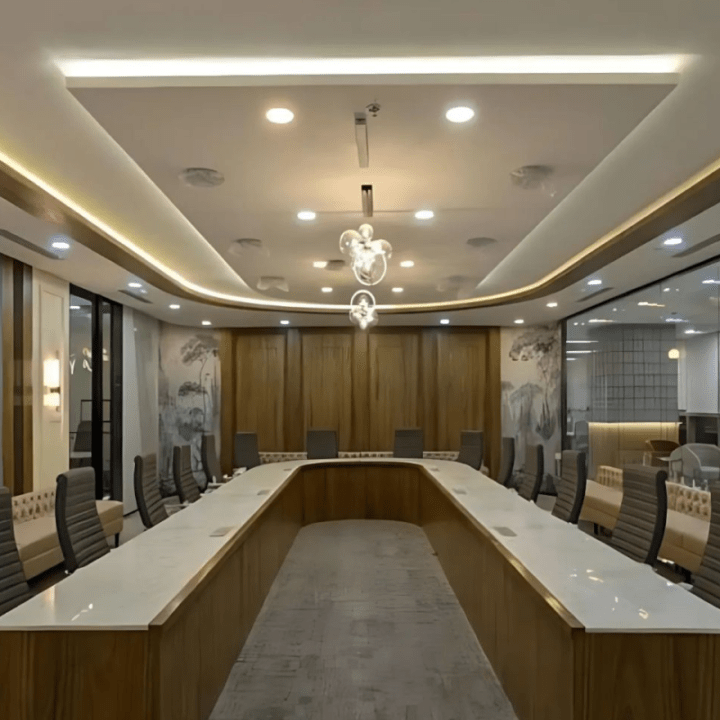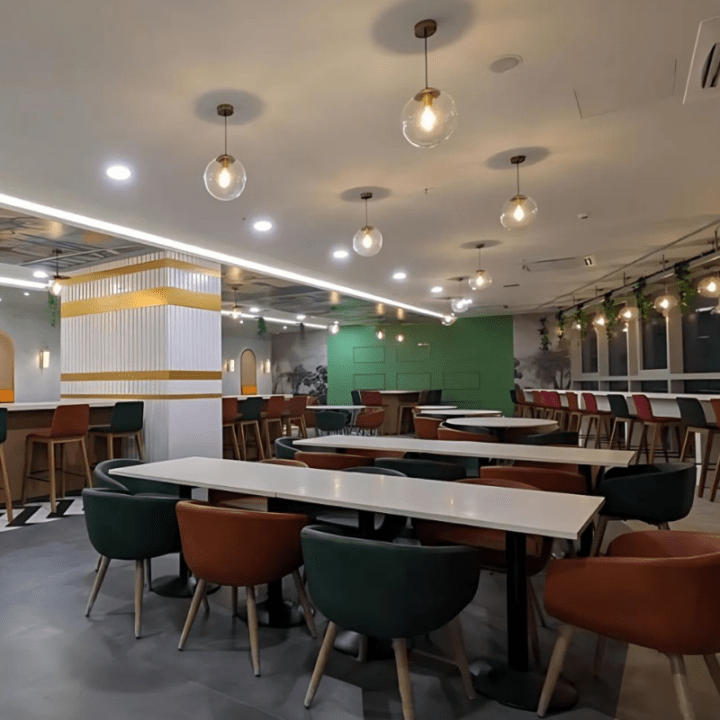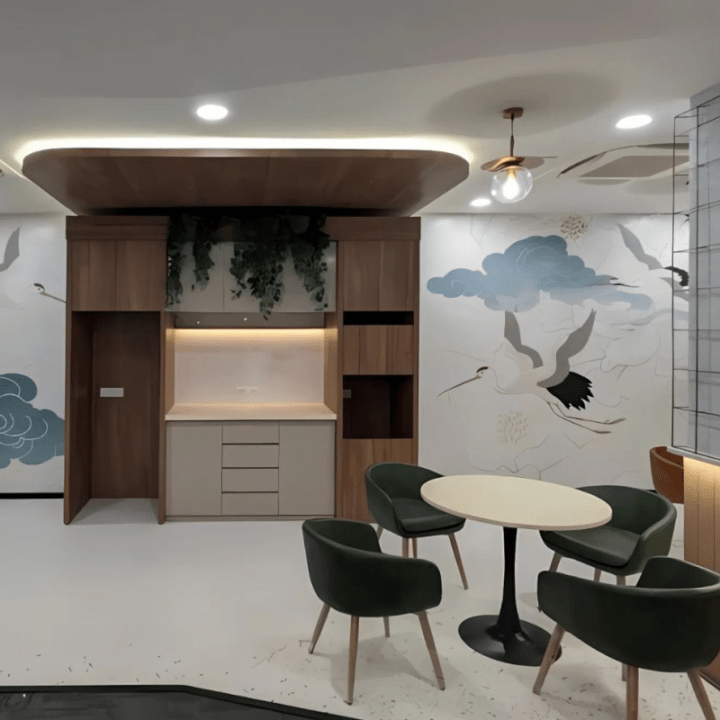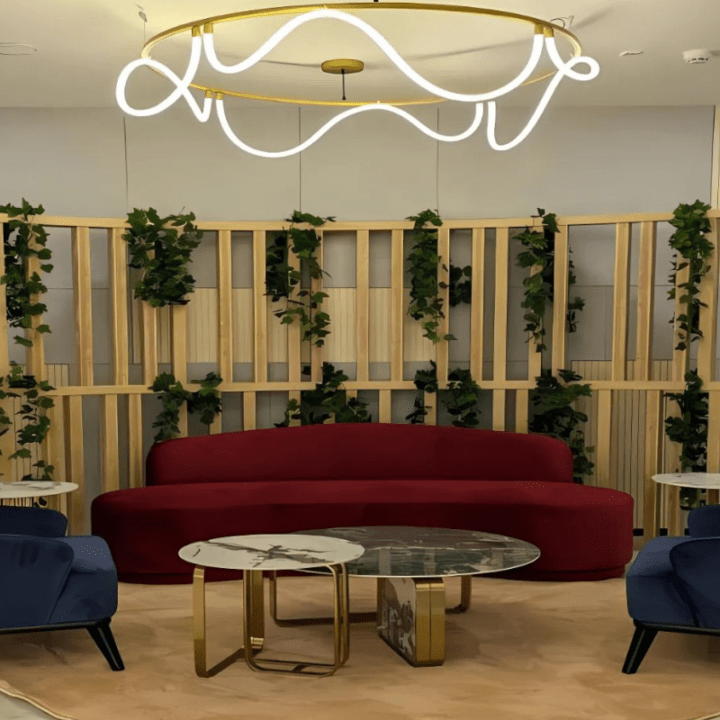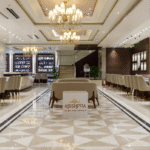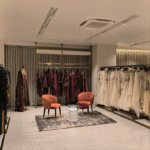The Kroll Cignus office project highlights how thoughtfully designed furniture can transform a workspace into a hub of productivity and sophistication. With a focus on creating functional yet aesthetically pleasing solutions, the scope included ergonomic workstations, collaborative meeting areas, and custom-built furniture pieces tailored to the client’s needs. Each element was crafted to enhance efficiency while maintaining a modern and cohesive design language.
Precision and attention to detail were key throughout the project, ensuring seamless execution. From premium materials to refined finishes, the furniture elevates the workspace by balancing comfort, durability, and design. The result is a professional environment that reflects the brand’s identity and supports its vision for a dynamic, modern office.
AREA:
LOCATION:
Scope:
Design in Details
In design, we bring characteristics of the natural world into built spaces, such as water, greenery, and natural light, or elements like wood and stone. Encouraging the use of natural systems and processes in design allows for exposure to nature, and in turn, these design approaches improve health and wellbeing. There are a number of possible benefits, including reduced heart rate variability and pulse rates, decreased blood pressure, and increased activity in our nervous systems, to name a few.
Over time, our connections to the natural world diverged in parallel with technological developments. Advances in the 19th and 20th centuries fundamentally changed how people interact with nature. Sheltered from the elements, we spent more and more time indoors. Today, the majority of people spend almost 80-90% of their time indoors, moving between their homes and workplaces. As interior designers embrace biophilia.
[30m2]
bedroom
[22m2]
bathroom
[28m2]
workspace
[15m2]
kitchen area
Incredible Result
Establishing multi-sensory experiences, we can design interiors that resonate across ages and demographics. These rooms and spaces connects us to nature as a proven way to inspire us, boost our productivity, and create greater well-being. Beyond these benefits, by reducing stress and enhancing creativity, we can also expedite healing. In our increasingly urbanized cities, biophilia advocates a more humanistic approach to design. The result is biophilic interiors that celebrate how we live, work and learn with nature. The term translates to ‘the love of living things’ in ancient Greek (philia = the love of / inclination towards), and was used by German-born American psychoanalyst Erich Fromm in The Anatomy of Human Destru ctiveness (1973).


